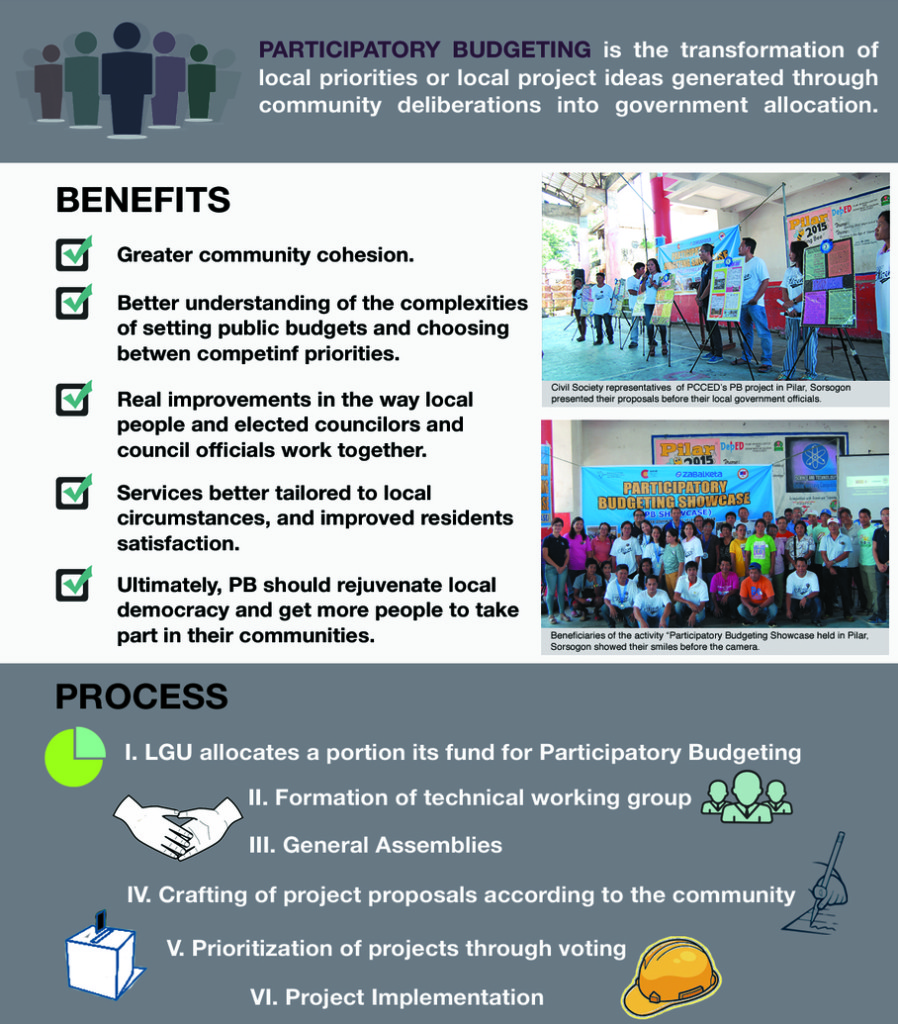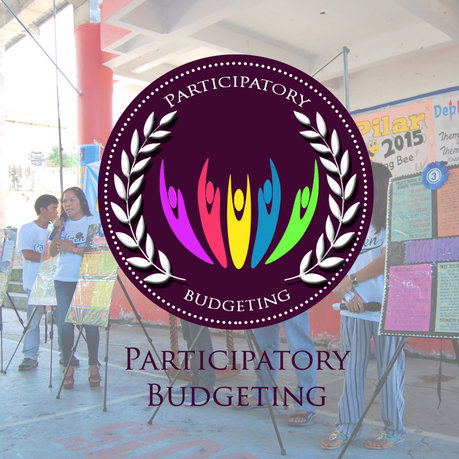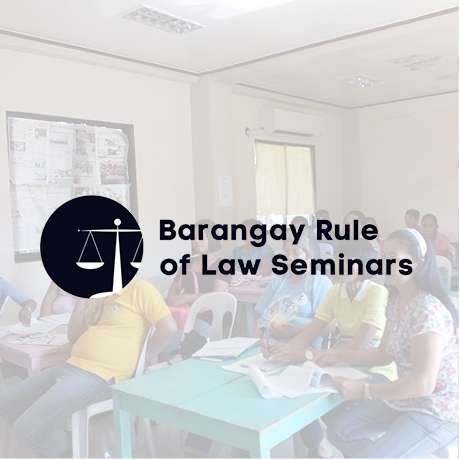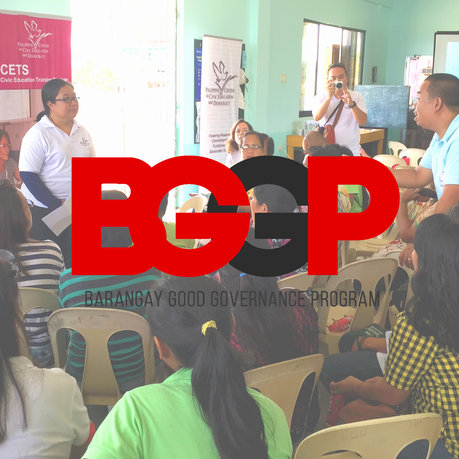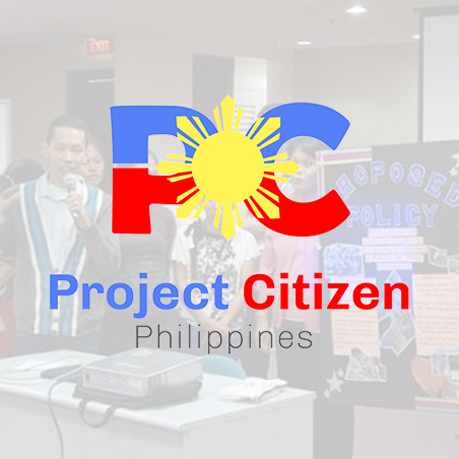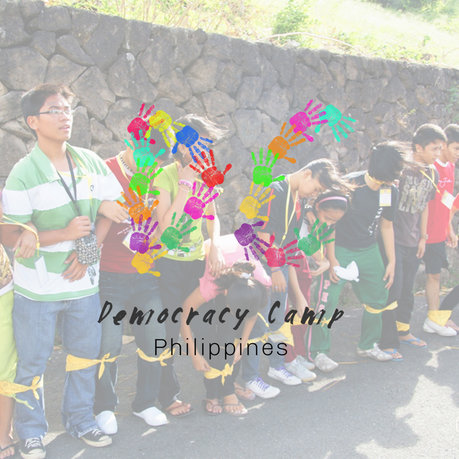Participatory Budgeting
What is Participatory Budgeting?
Participatory Budgeting (PB) began in Brazil, where it has successfully empowered people in extremely deprived communities since the late 1980s. Its tools and principles are now used in many places across the world. Over 300 municipalities have used PB, in countries such as Venezuela, Canada, Spain, France and Chile, as well as the United Kingdom.
Participatory Budgeting directly involves local people in making decisions on the priorities and spending for a defined public budget. This means engaging residents and community groups representative of all parts of the community to discuss and vote on spending priorities, make spending proposals, and vote on them, as well as giving local people a role in the scrutiny and monitoring of the process. It is an open and democratic process of participation that enables ordinary citizens to deliberate and make decisions collectively about budget allocations. This includes neighborhood discussions and decisions about priorities regarding investments in local infrastructure, city-wide issues, health and social assistance, economic development and taxation, urban development, and education, culture and leisure (Schugurensky, 2004). PB also serves as a means for cultivating good citizenship. And more than poverty alleviation, PB contributes to good governance.
PB aims to promote citizen participation in planning for the budget wherein the people elect PB delegates that represent their interests to their local government unit (LGU). These delegates, who are ordinary citizens, become partners in the preparation of the barangay and municipality’s development plans and budgets in which they work in collaboration with local officials, and in consultation with their fellow citizens. This, in turn, promotes accountability and transparency by the LGU and, on the part of the citizens, heightened awareness and responsibility for their rights and duties as citizens of the Philippines.
Ordinary citizens fr Gubat, Sorsogon debate/discuss how public budget would be spent. They will draft proj proposals pic.twitter.com/oeBcyuBw5Z
— PH Civic Education (@pcced) September 1, 2013
Cherry Curioso #PWD leader in Pilar, Sorsogon explains how #participatorybudgeting helped them organize. #SocialGood pic.twitter.com/AEClKZxaon
— PH Civic Education (@pcced) August 13, 2015
Local government officials— governors, mayors, and local council members—play a key role in PB. They represent their constituencies and are often aware of issues and solutions there. They also provide contact with the citizens that PB is aiming to engage. The purpose of PB is not to undermine their role, but to support and reinforce it. A successful PB process involves engaging councilors at the outset and involving them at every stage of planning. Those most involved are the most supportive, and those least involved can be the most skeptical. This way, PB is also transformative in terms of government civil society/people relations. Democratic values highlighted in PB:
- Empowerment by promoting the empowerment of individuals and communities, active citizenship to create better public services, supporting a stronger civil society, and promoting community development and capacity-building within PB.
- Local Ownership by ensuring local representation that is supported by the wider community, encouraging individuals and communities— particularly those traditionally marginalized or excluded—to participate.
- Transparency by having open and clear processes, involving communities in the scrutiny of PB projects or programs, and by providing full and open information on all public budgets.
- Deliberation by allowing the people to take part in a wide-ranging debate as an integral part of PB, support practices that promote thoughtful consideration, and essentially, supporting participative democracy.





